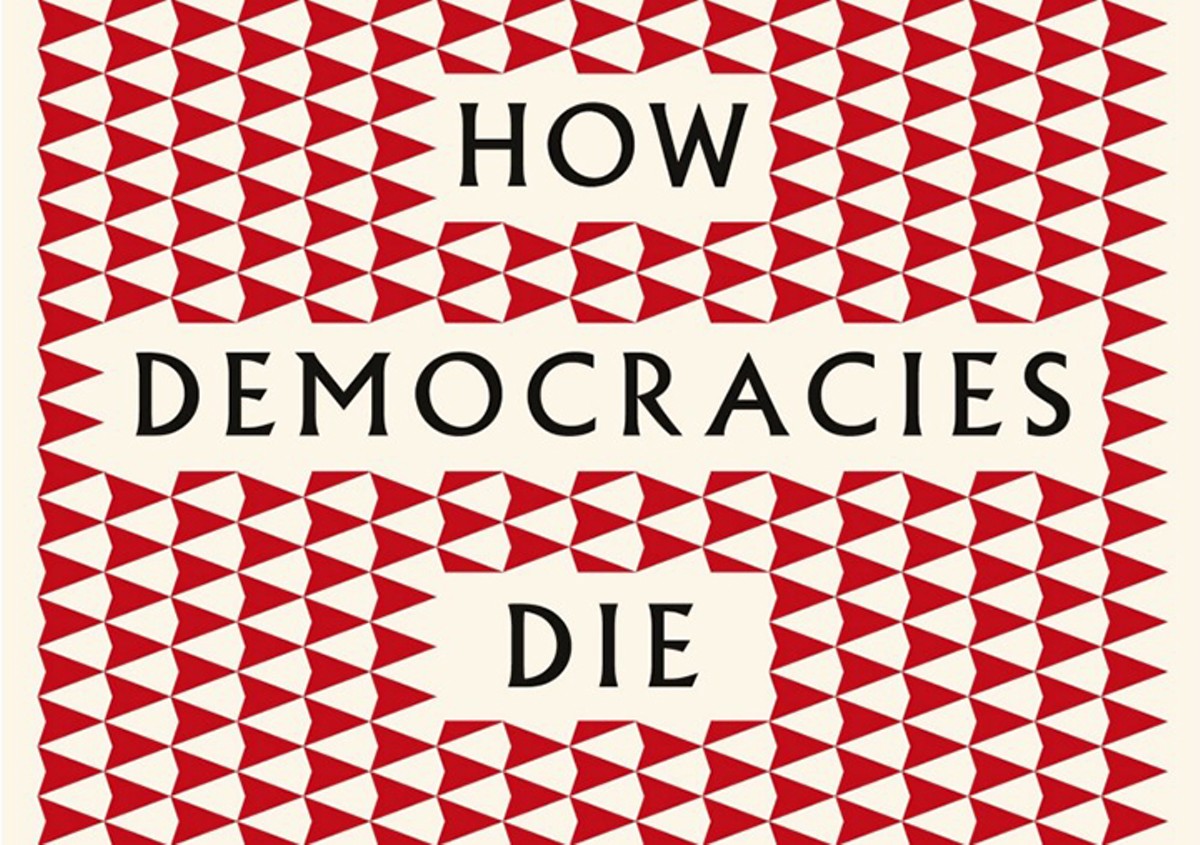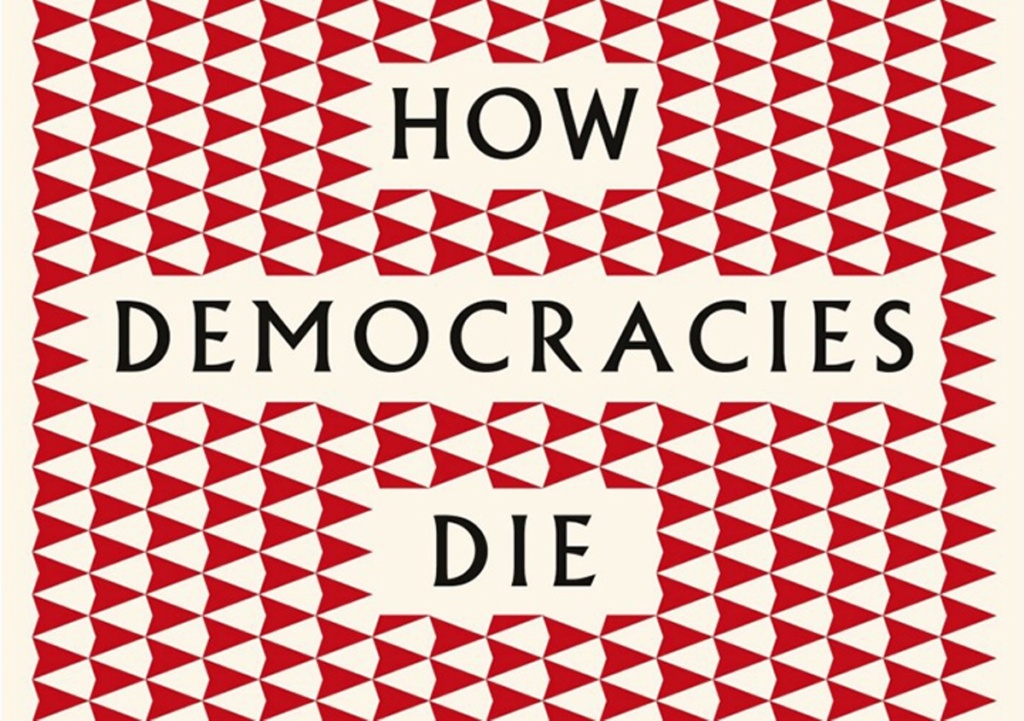About How Democracies Die by Steven Levitsky & Daniel Ziblatt
How Democracies Die” by Steven Levitsky and Daniel Ziblatt is a book that explores the gradual erosion of democratic norms and institutions. The authors argue that democracies are vulnerable to authoritarianism when certain conditions are present, such as the breakdown of norms and institutions, the rise of polarization and extremism, and the erosion of the rule of law. You may get summary of How Democracies Die by Steven Levitsky & Daniel Ziblatt from here..
The book provides a historical perspective on the decline of democracies and examines case studies from various countries, including Venezuela, Hungary, and Turkey. The authors also compare these cases to the current state of democracy in the United States and argue that American democracy is not immune to the same threats that have led to the decline of other democracies.
ALSO READ:- Empire of Pain by Patrick Radden Keefe
Main Points of How Democracies Die
The main points of “How Democracies Die” by Steven Levitsky and Daniel Ziblatt summarized as follows:
- Democracies are vulnerable to authoritarianism: The authors argue that democracies are not immune to the threat of authoritarianism and can be undermined from within. They highlight several factors that can contribute to democratic breakdown, including the erosion of democratic norms and institutions, the rise of polarization and extremism, and the erosion of the rule of law.
- The erosion of democratic norms is a warning sign: The authors suggest that the erosion of democratic norms, such as mutual toleration and institutional forbearance, is a warning sign that a democracy is under threat. They argue that these norms are essential to the functioning of democracy and that their erosion can lead to democratic breakdown.
- Strong institutions are essential for democracy: The authors emphasize the importance of strong democratic institutions, such as an independent judiciary and a free press, for the preservation of democracy. They argue that these institutions act as a check on executive power and help to prevent the consolidation of authoritarianism.
- The role of political leaders is crucial: The authors suggest that the behavior of political leaders can have a significant impact on the health of democracy. They argue that leaders who respect democratic norms and institutions can help to strengthen democracy, while those who undermine them can contribute to democratic breakdown.
- The United States is not immune to democratic breakdown: The authors compare the current state of American democracy to the decline of other democracies around the world and suggest that the United States is not immune to the same threats that have led to democratic breakdown in other countries.
Overall, the book provides a warning about the fragility of democracy and the importance of preserving democratic norms and institutions. It has been widely praised for its insights and analysis and has sparked important debates about the state of democracy in the world today.
Summary of How Democracies Die
“How Democracies Die” explores the ways in which democracies can gradually erode and ultimately collapse. The authors argue that democracy is not immune to decay and that it is at risk when certain norms and institutions are undermined.
The book draws upon case studies from around the world to demonstrate how democracies have died in the past, and the warning signs that signal the erosion of democracy. The authors focus on four key warning signs: rejecting the legitimacy of political opponents, tolerating or encouraging violence, denying the legitimacy of elections, and curtailing civil liberties.
Levitsky and Ziblatt argue that democracies require strong institutional guardrails and political norms to prevent authoritarianism from taking hold. They propose that healthy democracies are characterized by mutual toleration, institutional forbearance, and a commitment to the rule of law. The authors argue that these values and practices are under threat in many countries today, including the United States.
The book is a timely warning to all those concerned with the health of democracy around the world, and it provides a roadmap for how we can protect and strengthen our democratic institutions.



